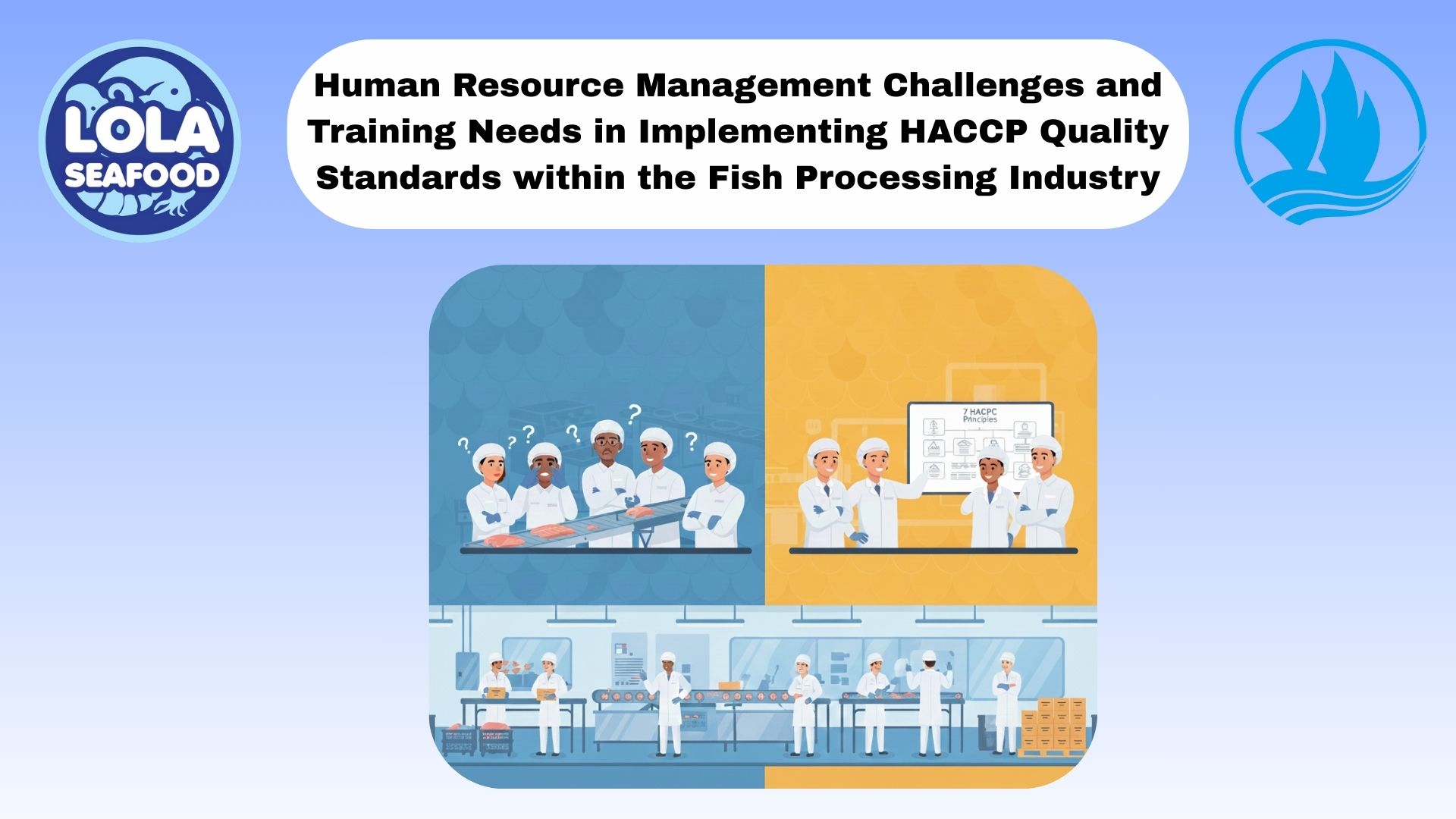These are the Dangers of Consuming Poisonous Octopuses
By. Puji Widyastuti - 10 Jan 2025
Kelolalaut.com Octopuses are fascinating marine creatures, often admired for their intelligence and unique abilities. However, not all octopuses are safe to interact with or consume. Some species, such as the infamous blue-ringed octopus, are highly venomous and pose serious risks to human health. The dangers of consuming poisonous octopuses can be life-threatening and should never be underestimated
The Venom of Poisonous Octopuses
Certain octopus species produce venom as a defence mechanism. The blue-ringed octopus, for example, contains a potent neurotoxin called tetrodotoxin, which is one of the deadliest natural toxins known to science. This toxin is stored in their salivary glands and delivered through bites. Consuming these octopuses, even if they appear harmless, can expose you to this toxin, especially if it is not neutralized during preparation.
Tetrodotoxin is about 1,200 times more toxic than cyanide, and even a small dose can cause paralysis or death. It works by blocking sodium channels in the nervous system, leading to muscle paralysis, respiratory failure, and cardiac arrest. Unlike many other venoms, there is no known antidote for tetrodotoxin poisoning, making prompt medical attention critical.
Risks of Consumption
While octopuses are a popular delicacy in many cultures, the preparation of potentially venomous species requires extreme caution. Inexperienced handling, improper cleaning, or accidental consumption of poisonous parts can result in severe poisoning. Symptoms of tetrodotoxin poisoning typically appear within minutes to hours after ingestion and may include nausea, vomiting, dizziness, difficulty breathing, and loss of consciousness
The risk is particularly high in regions where blue-ringed octopuses are found, such as the Indo-Pacific. These small but strikingly beautiful creatures are sometimes caught unintentionally and may end up in seafood markets. Their vibrant blue rings, which appear as a warning sign when the octopus feels threatened, are often overlooked during processing.
Cultural Practices and Awareness
In some cultures, consuming exotic or unusual seafood is considered a delicacy or a mark of adventurous dining. However, the appeal of such experiences should never come at the cost of safety. Increased awareness and education about the dangers of poisonous octopuses are essential to prevent accidental poisonings
Regulations and monitoring in seafood industries can help minimize the risk of venomous octopuses entering the food chain. Consumers should also educate themselves about the species they are eating, particularly in areas where dangerous octopuses are common.
First Aid and Medical Response
If you suspect poisoning from a venomous octopus, whether through consumption or a bite, seek medical help immediately. Supportive care, such as artificial ventilation, can be life-saving until the toxin is metabolized and excreted by the body. Identifying the source of the toxin can also help healthcare professionals tailor their response. The dangers of consuming poisonous octopuses are severe, with potentially fatal consequences. While octopus’ dishes are a delicacy in many cuisines, it is crucial to understand the risks associated with certain species. Prioritizing safety and awareness can help prevent tragic outcomes and ensure that these incredible marine creatures are appreciated from a safe distance
If youre interested in our Baby Octopus Flower, Baby Octopus Whole Round, Octopus Leg and Baby Octopus Whole Cleaned please do not hesitate to contact us through email and/or whatsapp.

Optimizing Wild-Caught Fish Logistics: Maintaining Thermal Core Integrity During Long-Haul Transport
.jpg)
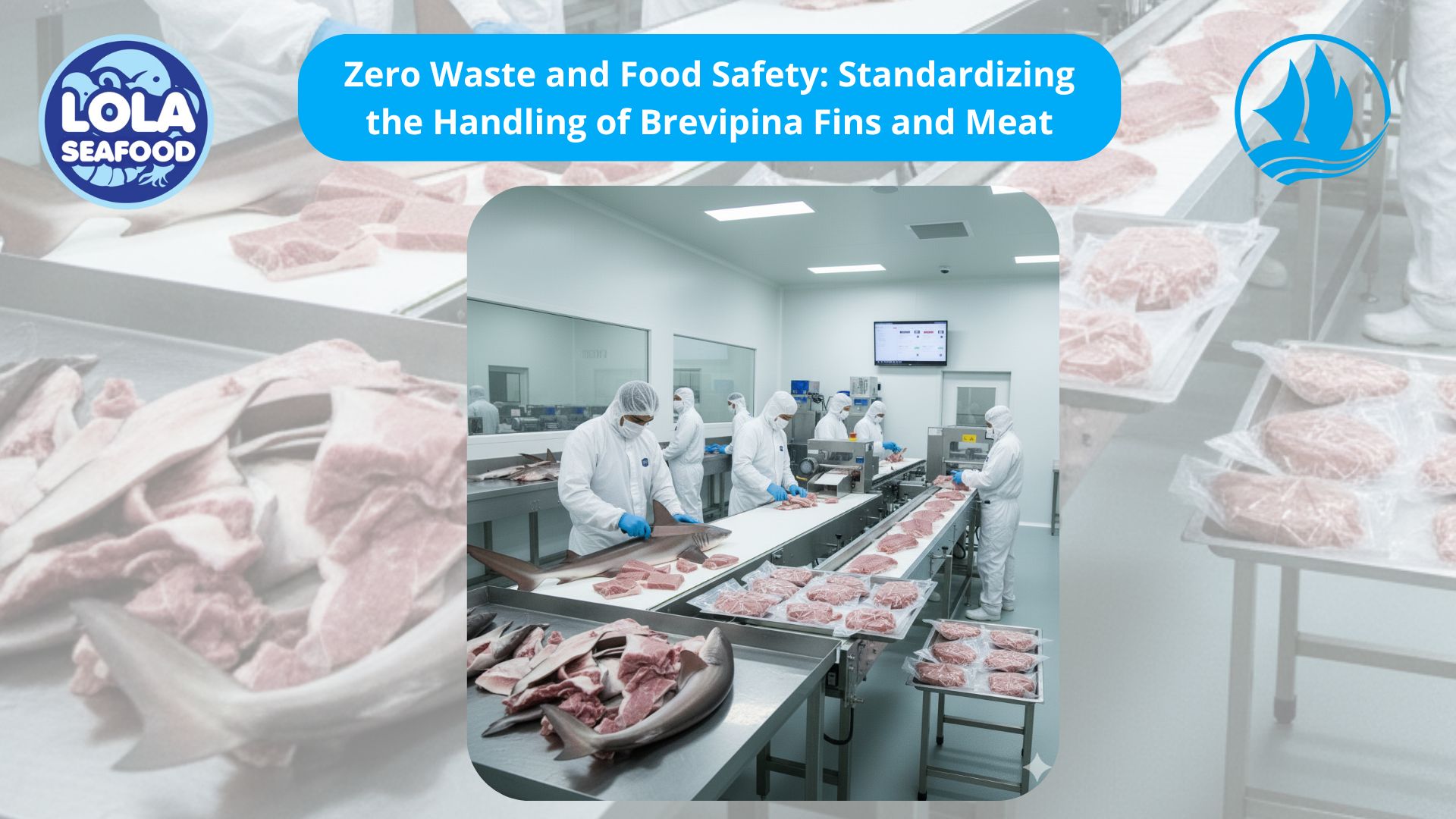
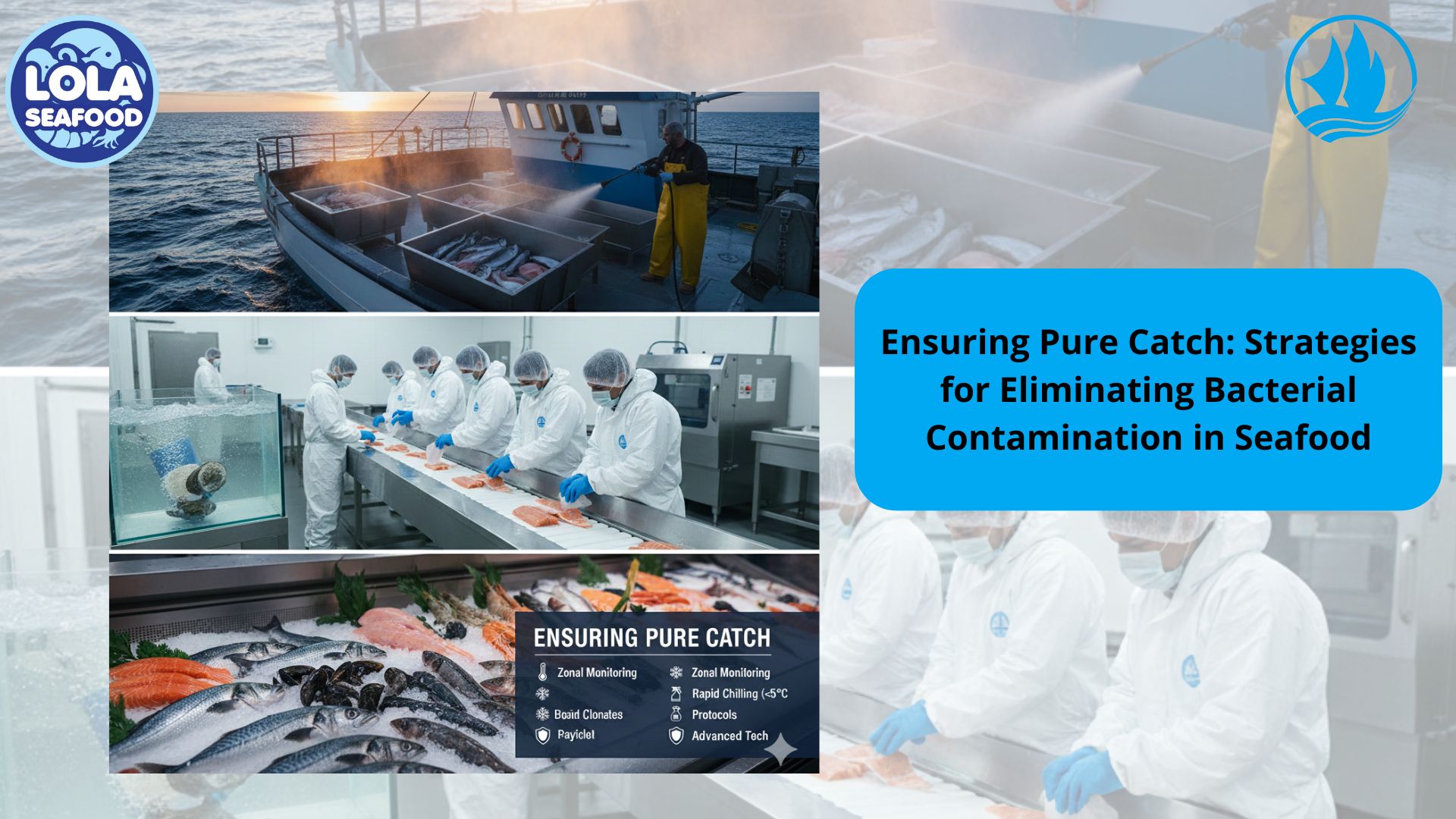
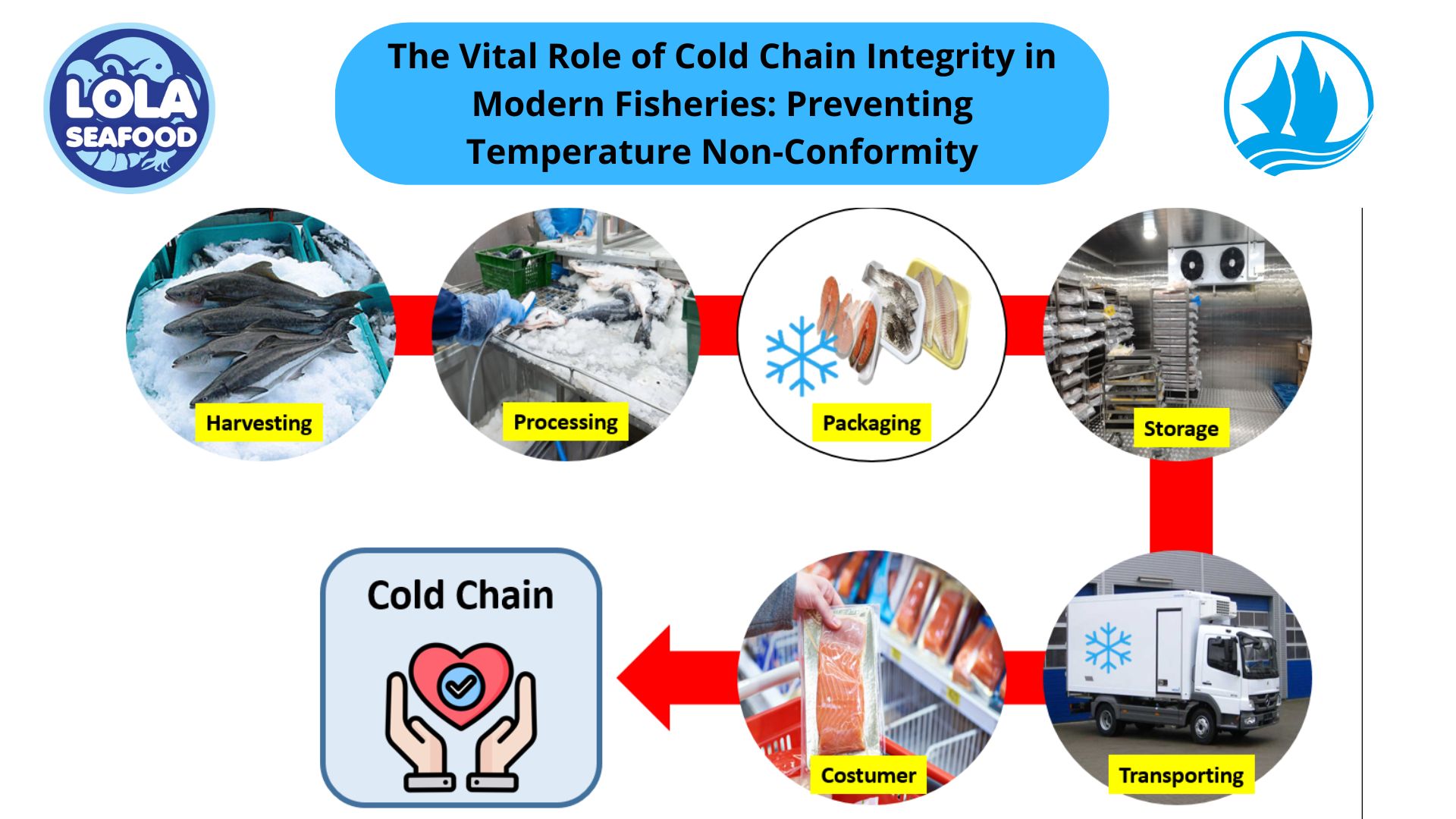
.jpg)
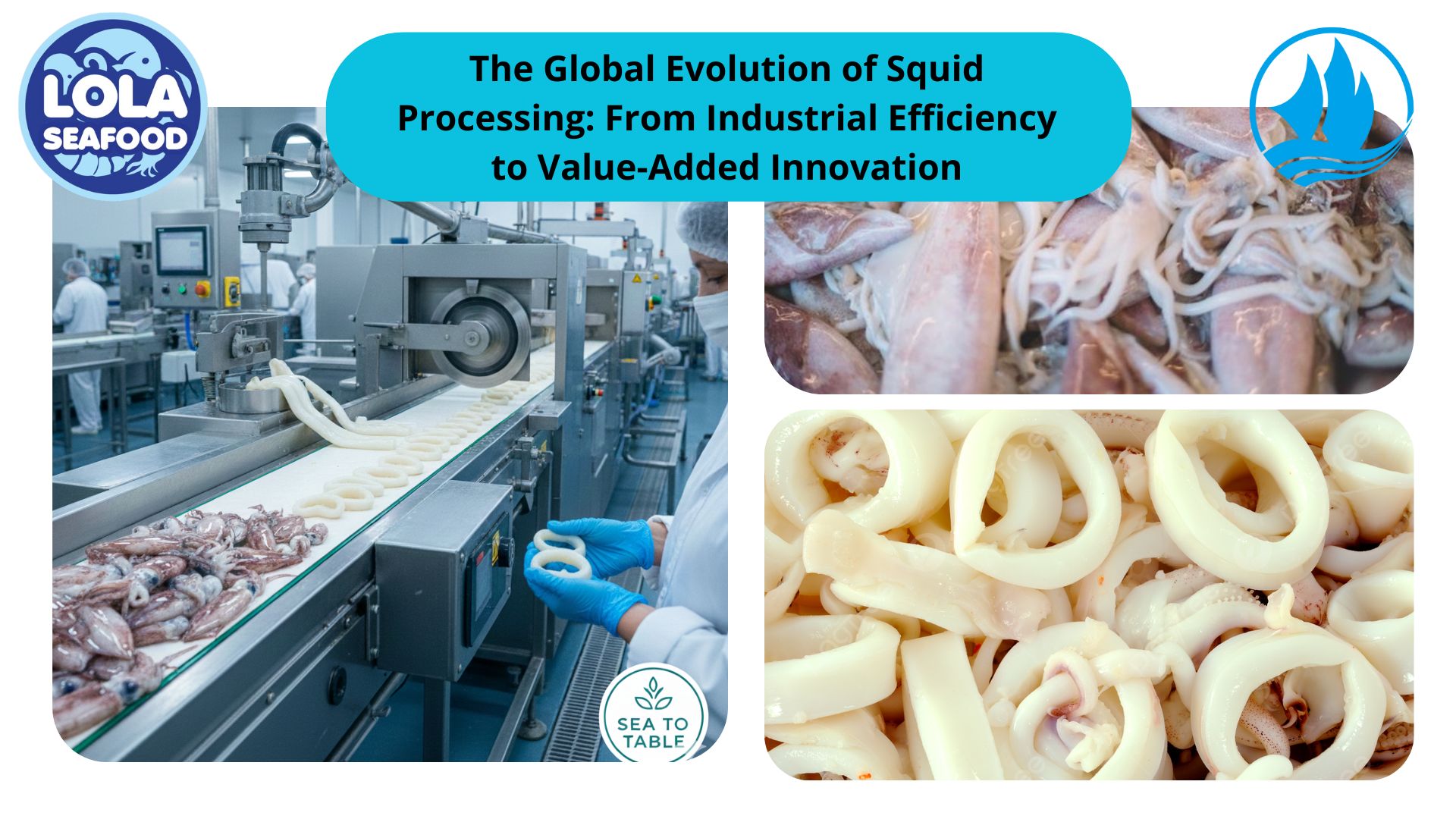
 and Employee Productivity on the Demersal Fish Processing Floor.jpg)
